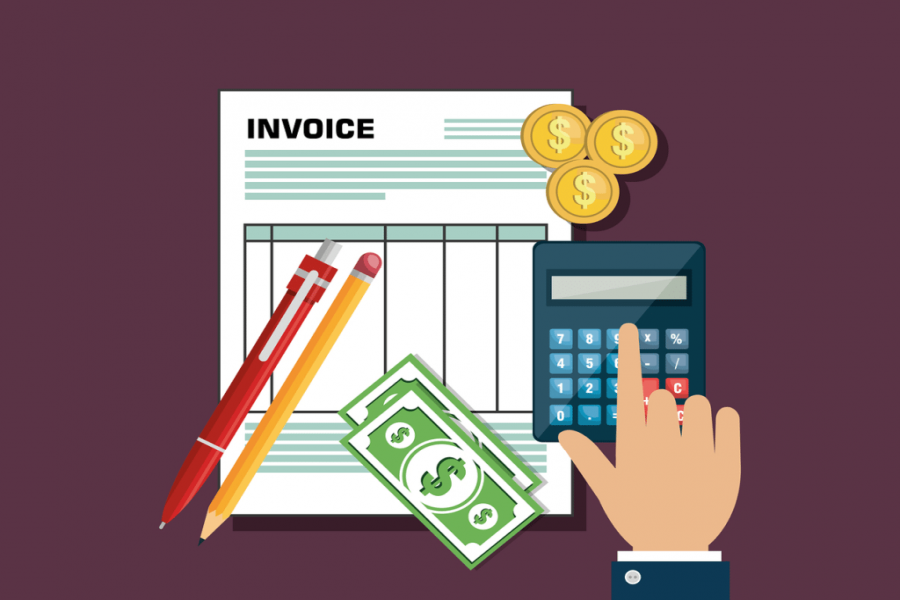The financial transaction or the arrangement through which a company sells its invoiced debts to a third party, at discount in exchange for immediate cash to finance continued business, is called Factoring. Factoring may be for domestic, export or import trade financing contracts.
Some researchers observed the sixteenth century as the period during which this contract was born in Great Britain. Because of the then slow communications and transportation for the sale of products to another territory, it was necessary to assign an agent in that territory, and charge him or her with the duty of finding purchasers to sell and ship goods on behalf of the principal. It appears to be closely related to early merchant banking activities evolved in the course of centuries to the present status.
A 'Factor' is called a specialised company, who buys a debt, which belongs to someone else, with a reduction in price, in order to gain a profit from his collection. The term "Factor" in English refers to a person who performs a service for another person under compensation, while the term 'factoring' characterises the sales system of financing. Many countries have law for factoring and the criteria of formation of factor are well specified. A Factor that provides factoring services shall hold the appropriate licence, which certifies the skills to conduct such an activity in accordance with the requirements of the law.
The factoring contract is a consensual contract under compensation to which the participating parties are the factor, the supplier, and the debtor. The receivable is essentially a financial asset associated with the debtor's liability to pay money owed to the seller. The seller then sells one or more of its invoices (the receivables) at discount to the third party, the specialised financial organisation (the factor), to obtain cash. The sale of the receivables essentially transfers their ownership to the factor, indicating that the factor obtains all of the rights and risks associated with the receivables. Accordingly, the factor obtains the right to receive the payments made by the debtor for the invoice amount, and must bear the loss if the debtor does not pay the invoice amount.
The supplier transfers debt / receivables to the Factor, free of any liens, dispute, objection, claim or any other right of third parties. Factor acts against a fee, which can be a fixed amount and / or an interest rate, for a period of time determined through an agreement between the parties. The factor's overall profit is the difference between the price it has paid for the invoice and the money received from the debtor, excluding the amount lost due to non-payment.
At the initial stage, the Factor took physical possession of goods, provided cash advances to producers, financed credits extended to buyers, and insured the credit strength of buyers. Nowadays, the factoring's rationale still includes the financial task of advancing funds to sellers who sell to credit worthy organisations. It is now not required to take physical possession of the goods sold. The legal mechanism and conventions transfer the ownership through international trade instruments.
Another important task of Factoring is trader finance. Factoring is a financial alternative for the management of income, namely, a transformation of the credit price in cash. The financial institute, called the factor, buys the accounts of the income of a commercial company familiar with the term customer, and pays immediately up to 95 per cent of the amount agreed upon. The factoring company, which realises the factoring, pays the remaining amount to the client when the customer pays the debit against the supplier.
The collection of debts from the customer can be conducted by the factor himself, or by the client, in compliance with the type of the factoring contract. Moreover, factoring contract is a contract under compensation, where compensation is paid for the service of the management of loans, as well as a guarantee against the risk of insolvency of the debtor. Therefore factoring may be of two types: without warranty, where the supplier does not guarantee the factor about the debtor's solvency capacities, and factoring with warranty, where the supplier completely guarantees the factor about the payment of the credit of the customer's account from the debtor. In the case of factoring without warranty, however, the supplier shall remain liable and obliged to the factor, if the debtor fails to pay completely the credit of the customer's account, for any reason other than solvency.
Factoring is the sale and purchase of outstanding 'debts'. It is a method by means of which a business can raise money to increase the monetary situation of credit period or standard credit period of any particular trade practice. It facilitates the expansion of business activities, finance its expansion and continued development. Unlike any credit culture of Bangladesh, factoring doesn't need any collateral for loan or financing.
Bangladesh does not have any law for factoring but Bangladesh Bank drafted a policy and circulated for opinion of stakeholders early this year. However, only policy without law cannot support factoring in real term.
At present some overseas companies are offering some sorts of financial services of 'PrimaDollar' type to Bangladesh exporters, which is a blend of factoring and Invoice discounting for exporters. Agrani Bank and Fast Security Islami Bank signed MoU with PrimaDollar to promote the export finance product without mortgage. They are also offering security of collection of payment from overseas buyers. Bangladesh should enact law of Factoring as early as possible to promote real Factoring service for local and international trade finance and repatriation of export proceeds.
M S Siddiqui is a Legal Economist.


